
The United Nations General Assembly under the resolution A/RES/63/278 established International Mother Earth Day in 2009 and the resolution was endorsed by over 50 member states.

The UN recognizes “the Earth and its ecosystems are our home” and that “it is necessary to promote harmony with nature and the Earth.” The term Mother Earth is used because it “reflects the interdependence that exists among human beings, other living species and the planet we all inhabit”. It is decided to designate April 22 as International Mother Earth Day.
More than a billion people on this day, April 22, celebrate Earth Day to protect the planet from things like pollution and deforestation. You can join the celebrations in your own way by taking part in different activities; picking up litter and planting trees, to make our world a happier, healthier place to live. The Earth Day 2022 Theme is “Invest In Our Planet”.
According to the United Nations, Climate change refers to long-term shifts in temperatures and weather patterns.
These shifts may be natural, but since the 1800s, human activities have been the main driver of climate change, primarily due to the burning of fossil fuels (like coal, oil and gas), which produces heat-trapping gases.
In your own ways, you can celebrate the Earth Day in different ways not limited to; create recycling bins, be car-free for the day, spread the love and make positive pledges
Causes of global warming that are contributing to the climate crisis are broad but can be categorized into 10:
1. Oil and Gas
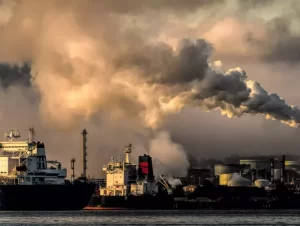
2. Deforestation
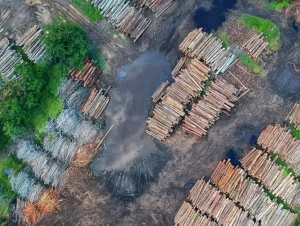
3. Waste
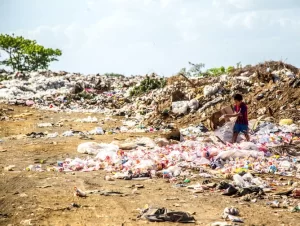
4. Power Plants
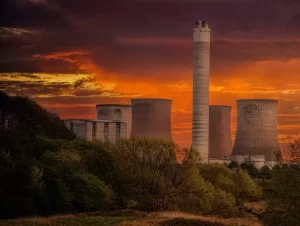
5. Oil Drilling 
6. Transport and Vehicles 
7. Consumerism

8. Farming

9. Industrialization
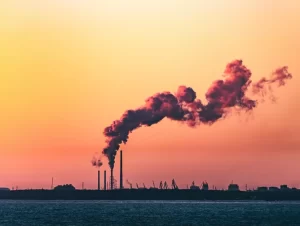
10. Overfishing

Image Credits: sustainabilitymag
Climate Change Impacts
According to United States Environmental Protection Agency, Climate change impacts our health, environment, and economy. For example:
– Warmer temperatures increase the frequency, intensity, and duration of heat waves, which can pose health risks, particularly for young children and the elderly.
– Climate change can also impact human health by worsening air and water quality, increasing the spread of certain diseases, and altering the frequency or intensity of extreme weather events.
– Rising sea level threatens coastal communities and ecosystems.
– Changes in the patterns and amount of rainfall, as well as changes in the timing and amount of stream flow, can affect water supplies and water quality and the production of hydroelectricity.
– Changing ecosystems influence geographic ranges of many plant and animal species and the timing of their lifecycle events, such as migration and reproduction.
– Increases in the frequency and intensity of extreme weather events, such as heat waves, droughts, and floods, can increase losses to property, cause costly disruptions to society, and reduce the affordability of insurance.
This article was originally published on Nigeria News


